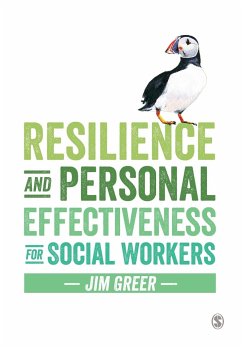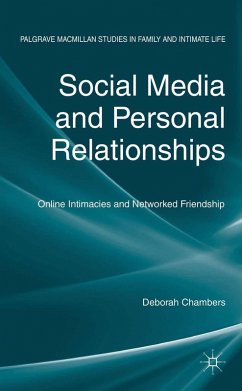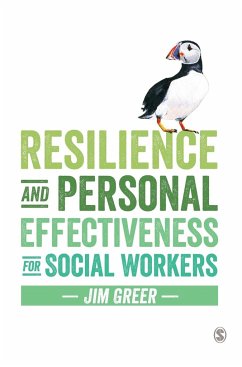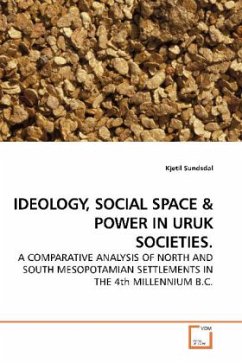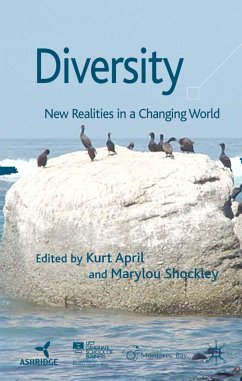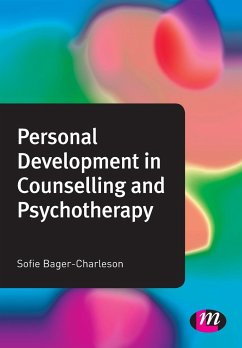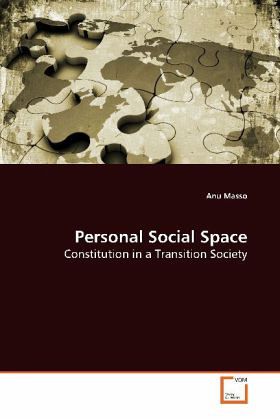
Personal Social Space
Constitution in a Transition Society
Versandkostenfrei!
Versandfertig in 6-10 Tagen
45,99 €
inkl. MwSt.

PAYBACK Punkte
23 °P sammeln!
Over the last decades, social space as a field ofstudy has developed rapidly. Theemergence and accessibility of digital informationand communication technology networks and theblurring of former geographical barriers are changesthat the media studies must cope with. This book, therefore, aims to contribute to thediscussions on this new and exciting field geographies of communications. The objective of thiswork is to trace the socio-cultural transition inpost-Soviet Estonia through the prism of personalsocial space. This work draws on various theoriesfrom sociology, media and communication stud...
Over the last decades, social space as a field of
study has developed rapidly. The
emergence and accessibility of digital information
and communication technology networks and the
blurring of former geographical barriers are changes
that the media studies must cope with.
This book, therefore, aims to contribute to the
discussions on this new and exciting field
geographies of communications. The objective of this
work is to trace the socio-cultural transition in
post-Soviet Estonia through the prism of personal
social space. This work draws on various theories
from sociology, media and communication studies, and
cultural geography. The empirical studies made within
this work could be divided into three parts. The
first part concentrates on the general tendencies in
spatial relationships and on opening of personal
social space in a transition society. The second part
investigates geo-cultural solidarities. The third
part concentrates on the role of foreign languages
shaping personal social space.
This book should be especially useful to
professionals in Media and Communication fields and
in Geography, or anyone else who may be interested in
issues of social space.
study has developed rapidly. The
emergence and accessibility of digital information
and communication technology networks and the
blurring of former geographical barriers are changes
that the media studies must cope with.
This book, therefore, aims to contribute to the
discussions on this new and exciting field
geographies of communications. The objective of this
work is to trace the socio-cultural transition in
post-Soviet Estonia through the prism of personal
social space. This work draws on various theories
from sociology, media and communication studies, and
cultural geography. The empirical studies made within
this work could be divided into three parts. The
first part concentrates on the general tendencies in
spatial relationships and on opening of personal
social space in a transition society. The second part
investigates geo-cultural solidarities. The third
part concentrates on the role of foreign languages
shaping personal social space.
This book should be especially useful to
professionals in Media and Communication fields and
in Geography, or anyone else who may be interested in
issues of social space.




